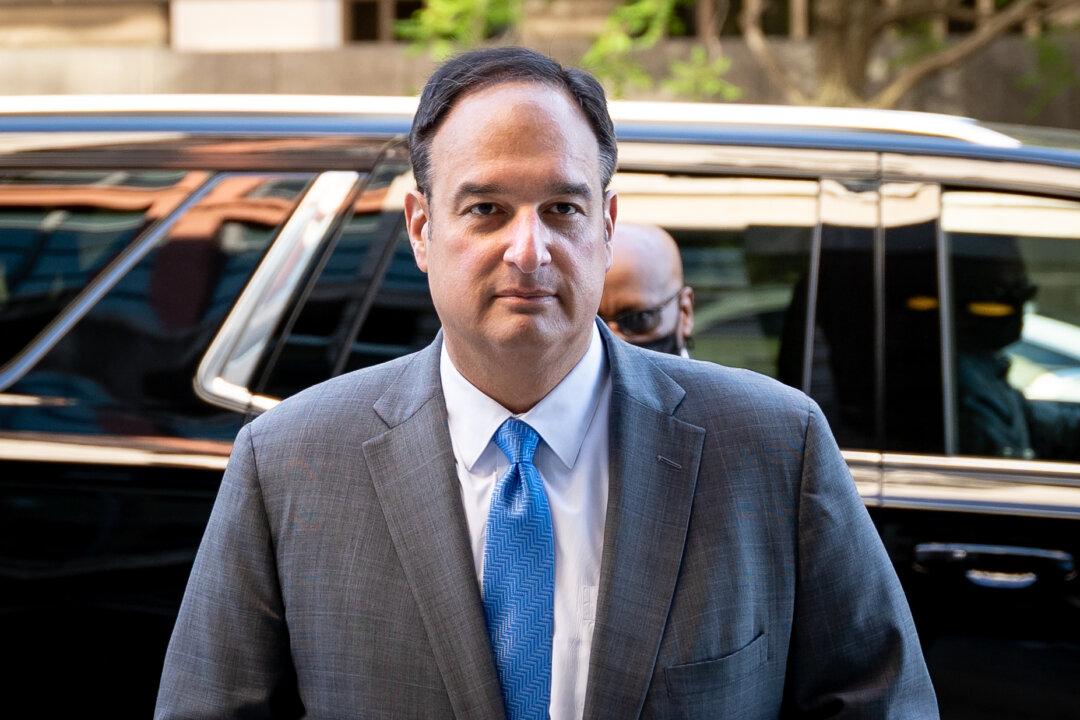WASHINGTON—The Hillary Clinton campaign learned of claims regarding Donald Trump and Russia in the summer of 2016 and sought to get media outlets to report on the information, Marc Elias testified on May 18.
Elias said he was told by Michael Sussman, a fellow lawyer with Perkins Coie—the Clinton campaign’s law firm—about the claims, prompting Elias to share the information with others in the campaign in August 2016.






